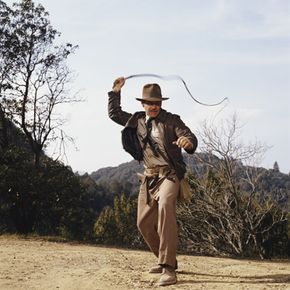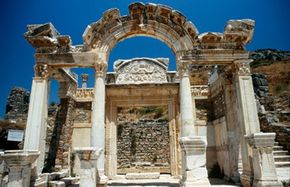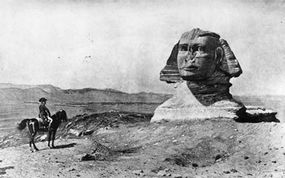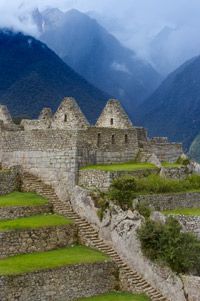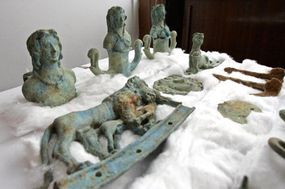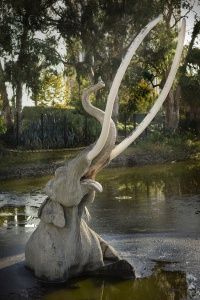An archaeologist searches for both treasures and trash -- the signs of our earliest ancestors, a lost civilization or our recent past. After intensive study, extensive mapping and a painstaking dig, an archaeologist discovers a find. It might be a fragment of bone, a shard of clay or an ancient coin. As the dust and dirt settle through the archaeologist's screen, an irregular clump of clay appears. The clump doesn't crumble under light pressure. The archaeologist knows it's actually a potsherd, clay pottery tough enough to withstand the stresses of millennia.
Advertisement
Years of studying taxonomy might help the archaeologist roughly date the fractured fragment on-site -- eliminating the possibility that it's actually just a grungy plate from the recent past. Other consultants are soon brought in -- geologists, biologists or arthistorians -- peo ple who help create an accurate, complete context for the little shard of clay. Piece by piece, history emerges from the earth.
Archaeology is the study of humanity's material remains: its buildings, art, everyday objects, trash and even bodies. Archaeologists are scholars who study every facet of their scholarly realm. They're explorers who map out and chart excavation sites. They're scientists who document and verify their finds. And they're historians who flesh out the past.
Because archaeology is such a massive field, it's usually broken into periods, like Prehistoric or Industrial archaeology, or into geographical areas, like Classical or Mesopotamian archaeology. Sometimes archaeology's subfields are practically independent disciplines. For instance, forensic archaeologists work with law enforcement officers to locate evidence or study potential gravesites. Underwater archeologists study shipwrecks or other watery remains of human industry and must be proficient divers. Archaeologists are sometimes confused with paleontologists, scientists who study the remains of prehistoric plants and animals, but not humans or our hominid ancestors.
In this article, we'll learn how the study of archaeology developed, how an archaeologist works and look into some of archaeology's biggest finds along the way.
Advertisement
